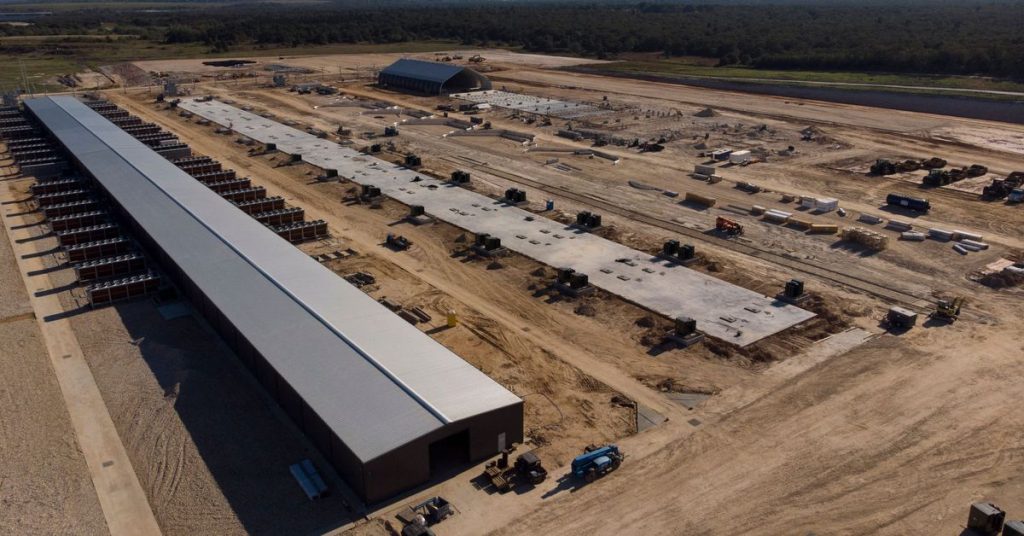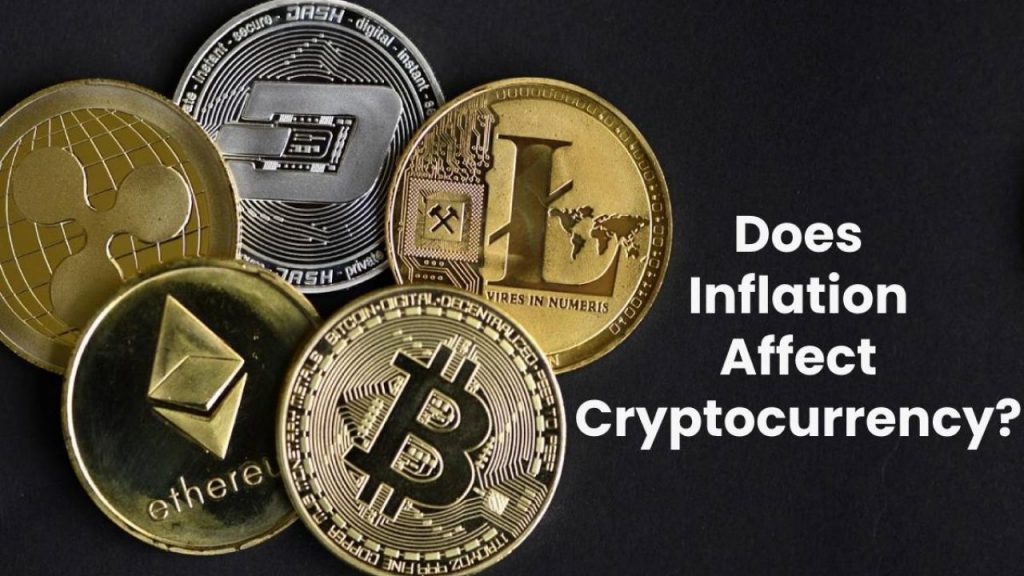
As a result of the severe heatwave, Bitcoin miners in Texas are turning off their power this week. Texas’ grid operator asked residents to conserve energy as extreme heat drove record-setting power demand in Texas on Monday.
According to the Texas Blockchain Council, Bitcoin mining companies in Texas responded by shutting down their machines. This freed approximately 1% of the grid’s total power.
“They are closing down for many reasons, but primarily because it’s the right thing to have a good ‘grid citizen,” Lee Bratcher, president and CEO of the Texas Blockchain Council, stated to The verge in an e-mail. Bratcher also stated that there are financial motives because spot prices for electricity in Texas soar when there is a shortage.
“It is the right thing”
After China banned this practice, Bitcoin miners have been flocking to Texas in the last year. The US became the largest hub for global mining. According to Bloomberg , those crypto miners will increase Texas’ electricity demand by 6 gigawatts by next year.
In essence, crypto mining companies set up their own data centers with specialized hardware to’mine’ Bitcoin. They race to solve more complicated puzzles. This energy-intensive process allows miners to gain new tokens and validate new transactions on blockchain.
The Bitcoin network uses more electricity annually than the country of Belgium. However, its energy consumption has fallen in the last month, after the price of Bitcoin plunged . It is less profitable to operate mining machines due to the lower cryptocurrency value and high energy prices. Bratcher stated that one of the largest publicly traded miners in Texas will shut down between 8AM-10PM on’several days this weeks’.
Texas’ power grid can be saved by turning off your lights, especially at peak hours. Texas is experiencing triple-digit heat this week, which puts more pressure on the electricity grids. Texas’ heat dome has also deprived it of most of its wind power. Typically, Texas generates around 25% of its electricity. Texas’ power grid is particularly vulnerable as it does not connect to other power grids. In an emergency, other states may be able to share their energy.
Its power grid is not yet out of reach
After the Electric Reliability Council of Texas (or ERCOT) asked Texans to reduce their energy consumption on Monday, the state has avoided large-scale power outages. In February 2021, a severe cold spell caused widespread outages throughout the state. Texas is expected to experience high temperatures throughout the week. The state’s power grid is not yet out of commission.
It isn’t the first instance of Bitcoin miners in the state responding to high-temperature power cuts. Riot Blockchain, a Bitcoin mining firm, has reduced energy consumption by 8,648 megawatt hours during June, Alexis Brock, Riot’s marketing coordinator, said in an email to the Verge.
This is significant as Riot has a Rockdale, Texas facility that it claims to be North America’s largest Bitcoin mining site. When peak demand threatens stability of the grid, the company plans to keep the facility running at a lower level.




